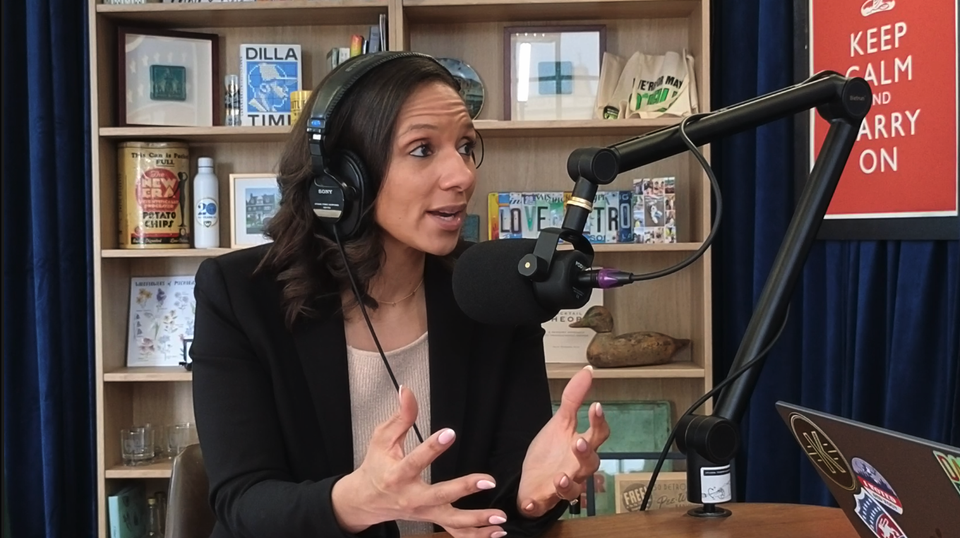One of the most common and persistent narratives heard in Detroit’s revitalization efforts, is the focus on the Downtown Business District, Midtown, and the soon to be District area near Cass park, has turned a blind eye to the significant challenges of the surrounding neighborhoods.
However, it seems that the powers that be are beginning to look beyond those borders and into the neighborhoods.
On Monday, Mayor Mike Duggan and Councilwoman Mary Sheffield joined with RecoveryPark CEO Gary Wozniak to announce an agreement that seeks to transform a blighted 22-block area on the city’s lower east side into a center of urban agriculture, and a place of hope for those with criminal history, recovering addicts and others with significant barriers to employment.
The RecoveryPark project – a 501(c)(3) nonprofit, whose mission is to put individuals to work while revitalizing blighted neighborhoods by repurposing vacant land – has a 60-acre footprint, which includes more than 35 acres (406 parcels) of city land. The area of the park extends from I-94 to the North, Chene Street to the East, St. Aubin Street to the West, and Forest Ave.
The project will help replace blighted, vacant lots with dozens of large greenhouses and hoop houses to grow produce to be sold to local restaurants, retailers and wholesalers. Some of the participating local businesses include Cuisine and Wright & Co. in Detroit, Bacco Restaurant in Southfield, and Streetside Seafood and The Stand in Birmingham.
In addition to building a high function urban agriculture operation, RecoveryPark will also employ 128 individuals within three years, 60 percent of who will be Detroit residents. Consistent with its mission, most of RecoveryPark’s workers will be ex-offenders, veterans and recovering addicts, who have had trouble securing work due to their circumstances.
“RecoveryPark isn’t just about transforming this land. It’s about transforming lives,” Mayor Duggan said. “The City of Detroit is proud to support the work Gary Wozniak and his team are doing to put this vacant land back to productive use and to help ex-offenders and others with barriers to employment rebuild their lives.”
The deal between the city and Recovery park is a lease for $105 per acre per year. In exchange for the low rate, RecoveryPark must secure or demolish all vacant, blighted structures within its boundaries within the first year.
The $15 million project, which is expected to take five years to bring to fruition, will be presented for consideration to City Council within the next two weeks. The property, currently a residential zone, must also receive city council approval to be re-zoned as Planned Development.
The deal also includes specific performance benchmarks, for example – within 12 months of a signed term sheet, 51% of employees must be Detroit based for the first 36 months. After 36 months, Detroit employment must increase to 60%.
If RecoveryPark fails to meet the outlined criteria they must return the land to The City of Detroit.
Wozniak, a former addict himself, has had the vision for the project for nearly a decade and is excited to see it coming to fruition.
“Commercial agriculture in Detroit is an important addition to Detroit’s expanding business portfolio,” Wozniak said. “Mayor Duggan’s economic development team has move boldly and swiftly to align city resources with our company’s expansion needs.”
















